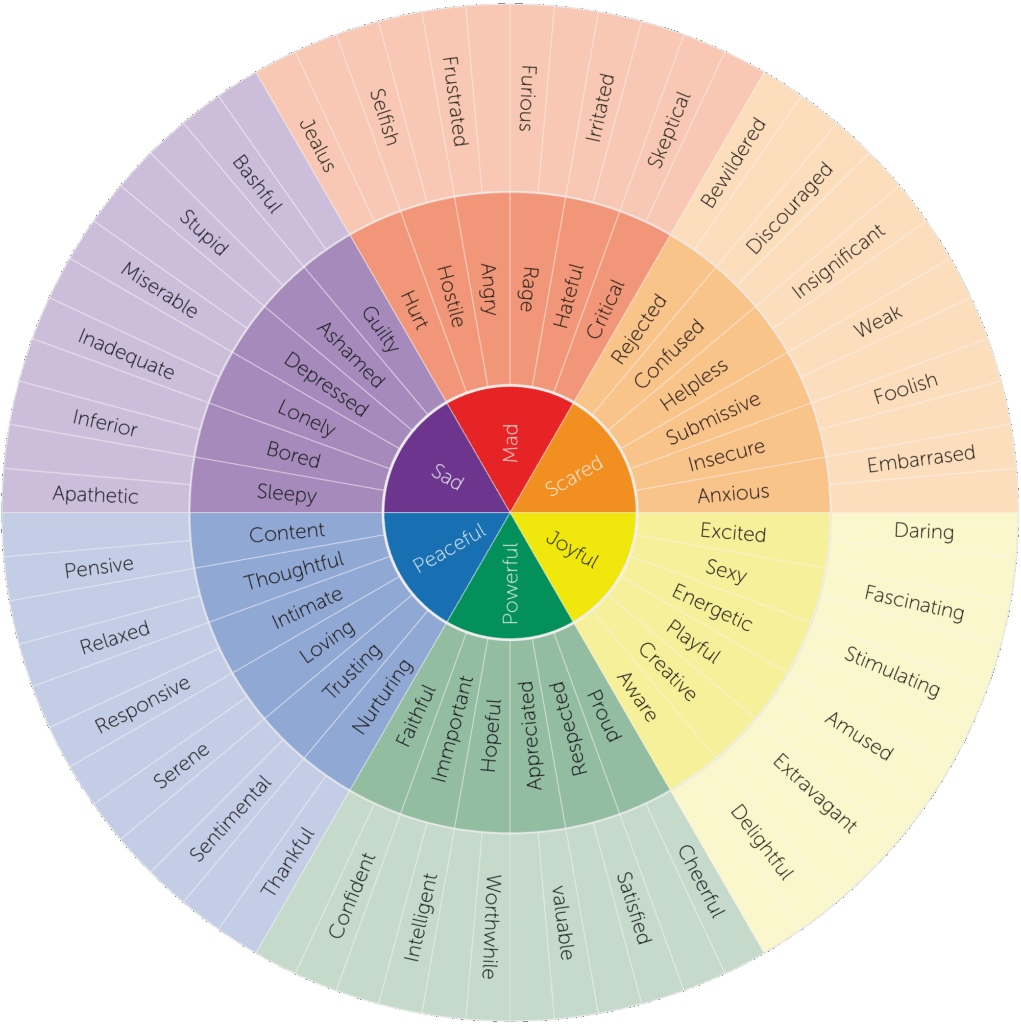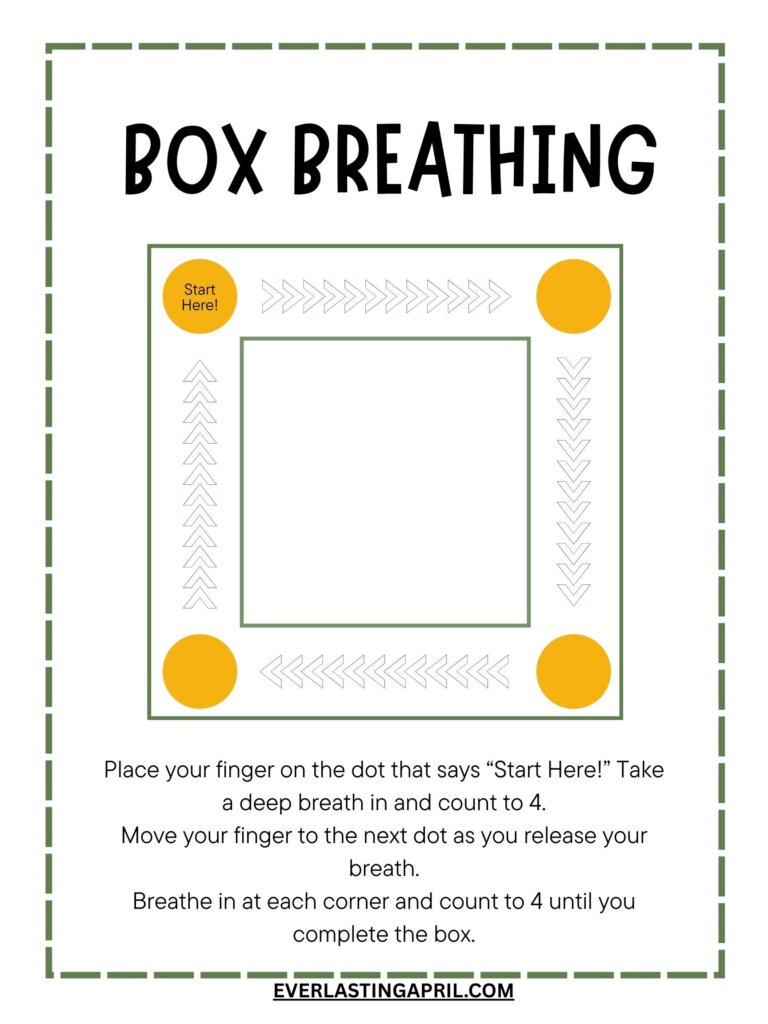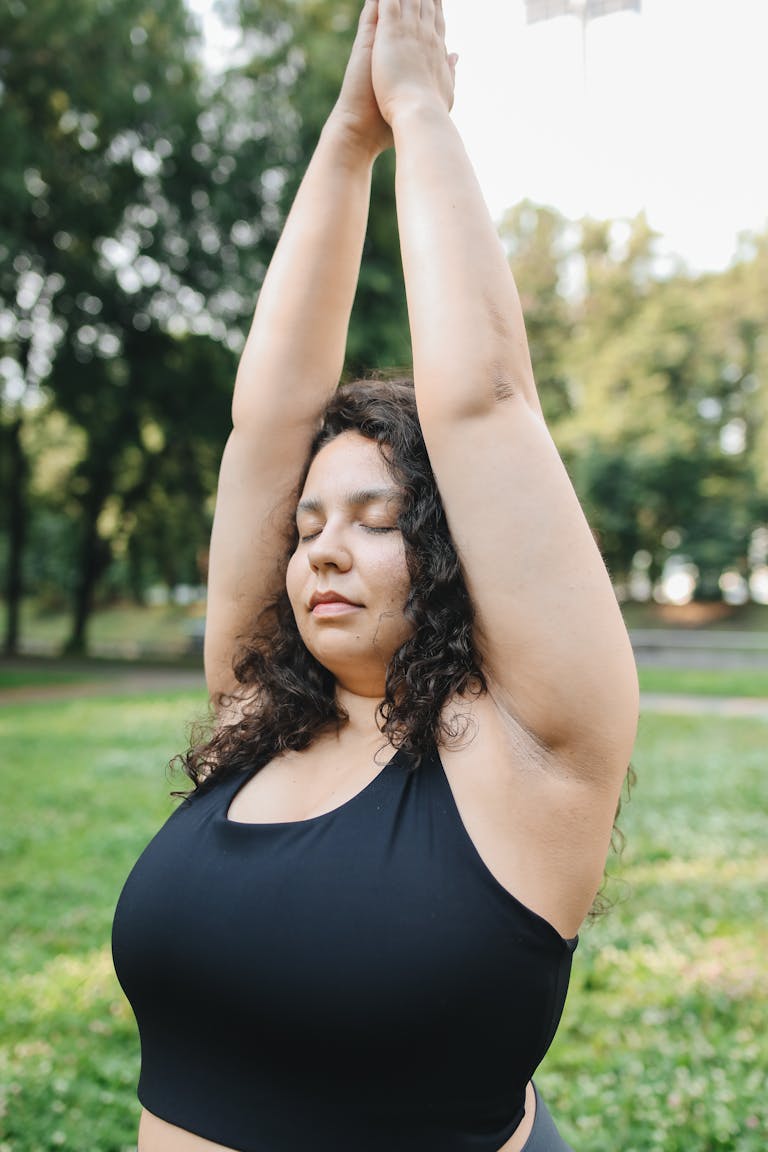Emotionally Reclaiming My Life, One Feeling at a Time
There are moments in life that split time in two; before and after. Discover how I began reclaiming my life while thrusted into the after.
For me, there are literally dozens of these moments depending on what part of the story I am telling. Before marriage, after kids, before the job, after “coming out”, before the move…you get the idea. We all have moments that can be defined by before and after.

Today, I am experiencing an after. The ending of an 11-year relationship that has left me grieving a beautiful season in time. The fact that it is the second meaningful, long term relationship that has ended for me, makes me question so many things about myself.
What is wrong with me? What needs fixing?
Why do I question myself? Well, because I was the common denominator in both the failed relationships.
Table of Contents
Breathe Again
This is not a post about blame or bitterness. It’s not about focusing on what is wrong.
It’s about reclaiming my life and breathing again. It’s about finding solid ground in the after. It’s about returning to myself with more softness and strength than I ever imagined. It’s about forgiveness and feelings; and not allowing the dark hole of grief and self doubt to swallow me up!

I am determined to keep a positive mindset while I navigate this difficult time. I plan to breathe through the sadness and confusion. I will breathe deep and long to get through the pain of memories.
My wellness journey didn’t begin with this breakup. It began long ago, when I started choosing clean, intentional living. But what I’ve realized is that even the healthiest routines can’t fully protect us from heartbreak. They can, however, help us navigate it with clarity, grace, and a little more peace.
Since starting my wellness journey, I have not only incorporated more and more self care practice into my life, but I have written about it in my blog posts. Please check out this one on 8 Simple Self Care Habits To Regulate Your Nervous System and 10 Healthy Mindset Habits for Personal Growth.
Lately, I’ve been learning what it means to truly care for myself. And I don’t mean self care habits like bubble baths and skin care. What I mean is how I listen to my thoughts, my feelings, and the way I speak to myself. I am learning to breathe again by developing attunement with my feelings. I am reclaiming my life.
One Feeling at a Time
I started therapy, again. One of the first tools my therapist shared was the Feeling Wheel. Believe it or not, I never heard of this wheel before; and boy what a difference it’s making in reclaiming my life! Sometimes they are called Emotion Wheels. Download a FREE printable here.
It’s a colorful, wheel shaped graphic that helps you identify the emotion you are feeling, but can’t seem to express in words.
Start in the middle and choose the broad emotional word for what you are feeling. If you need to be more specific or give clarity, then fan out from there.

Read more about how I used the wheel recently to discover how to feel emotions in my recent blog post: The Tool That Taught Me How To Feel Emotions.
Not only do I still struggle with regulating my emotions, I’ve been incapable of finding the words when trying to talk about my feelings. Often I would just shut down out of frustration when trying to expressing myself. I could be icy-cold, and distant.
I am learning now that this is a safety mechanism built in to me since childhood. Something I do unconsciously to feel safe, and less vulnerable. This behavior infuriated my partner and wasn’t fair to her. I pushed her away because I was avoiding my own feelings. It’s the same behavior I displayed in my marriage too, which was my first long term relationship.

The thing is, I didn’t plan this behavior. It came from a place within my subconscious. Actually, it was my nervous system. A dysregulated nervous system can lead to heightened or suppressed emotions, making it difficult to manage feelings effectively, according to mainstream psychology.
I know what you are thinking…How did I make it this far in life without being able to express my emotions! Well, I can tell you that conversations turned into arguments, arguments turned into the silent treatment, and over time relationships failed.
It was truly my lack of emotional maturity in most cases. I’m not proud of my past behaviors and the fact that I lacked ability to share my feelings.
But I am proud that I have taken the first actionable step…getting help.
I think of myself as an intelligent, confident, and self-aware individual. But when it comes to talking about feelings, well, it just didn’t happen. That’s why I feel like therapy, coupled with this tool, are a life saver. It is helping me name what’s going on inside my head with honesty and clarity.
How I Use The Wheel
I use body cues and the wheel to identify the emotion word. Then, I dive deeper into the word to discover other related feelings. Sometimes I have many emotions simultaneously.
Each morning now, I sit quietly and ask myself what I am feeling.
I look at the wheel for the emotion word that best describes my feelings. Then I sit with that word and really feel it so I know what it is. I say it out loud and then I journal about my feelings.

Really identifying the emotions on the wheel can help you deal with your feelings with so much clarity. I can’t believe how much better I feel not having to stuff away what I am feeling.
Does it hurt? YES.
Is it uncomfortable? YES.
Can it be scary? YES.
Even with all those tough feelings, I now know that they were causing more damage when I suppressed them. I struggled with anxiety, sleep problems, and low self worth.
Ignored feelings and emotions can cause:
- Anxiety
- Depression
- Suicidal thoughts
- Physical health problems like heart disease, pain, low energy, digestive issues…read more in this article What to Know About Repressed Emotions
- Relationship problems
- Stress
- Insomnia

According to the Royal Lee Cancer Hospital, “Studies have found that those who regularly suppress emotions have three times the cancer risk of those who don’t. Since the 1970s, researchers have recognized that suppressing negative emotions weakens lymphocyte function, lowers immunity, and increases cancer susceptibility”.
I decided to take action with therapy and the feelings wheel to help with my overall health and well-being.
Sometimes emotions can trigger your nervous system to present outward facing physical symptoms, like shallow breathing, clenched jaw, and tightened shoulders. When I feel these symptoms, I know I need to address emotions.
My therapist recommended this breathing exercise to get physical control so I can work on identifying the feelings. It’s called the Box Breathing exercise. This wasn’t new to me, but I admit, I forgot to use it. Now I practice this when I am feeling anxious or have intrusive thoughts.
Try it yourself with this Box Breathing Relaxation Exercise Video on YouTube and download this FREE diagram.

Improving Emotional Maturity
Emotional maturity is the ability to recognize, understand, manage, and own emotions in real life situations; using appropriate emotional responses and behaviors.
Emotional maturity is learned through experiences as we grow and mature. According to the APA, as mentioned in this article, 8 Signs of Emotional Maturity, emotional maturity further develops as we move through childhood learning which behaviors aren’t acceptable and how to regulate our emotions.
Also covered in this article is citation of research that shows the brain reaches a level of stable and mature development, particularly in the region of the prefrontal cortex, by the age of 25. That’s a long time for the brain to gather appropriate, helpful skills for regulating emotions.
Caregivers or parents can influence a child’s emotional maturity by nurturing emotional regulation, learning, and social-emotional development.

According to this article, The Subtleties of Growing Up with Emotionally Immature Parents, if parents are emotionally immature, and can’t model appropriate, healthy emotional regulation, then they pass along those traits and bad habits to their children. Unfortunately, these children can carry these behavior patterns into adulthood.
If a child is emotionally neglected or abused in childhood, they may experience these traits in adulthood:
- Emotional dependency
- People pleasing
- Mental health concerns
- Depression and anxiety
- Avoidance
- Difficulty with boundaries
- Low self-esteem
- Relationship attachment disorder
- Poor social skills
- Behavior problems
Many adults carry these childhood wounds. Some adapt to managing them, others need help.
On a personal note, as mentioned in this post, “The Tool That Taught Me How To Feel Emotions”, I was a child who grew up in a chaotic home environment. I was the 6th of 7 children, with two emotionally immature parents. Plus, I was co-raised by my older siblings who were also not emotionally mature. My caregivers were emotionally unavailable and my feelings were often dismissed. I was left to fend for myself when navigating big emotions.
Conclusion: Reclaiming My Life
This season of reclaiming my life is teaching me that healing is not about rushing into reinvention. It’s about coming home to what was always there.
It’s about tending to your life like a garden.
Pulling some weeds, planting new seeds, watering and trusting the sun will come again. It’s about being grateful for what you do have and appreciate the work you are putting in.

If you’re also in a moment of “after,” know that you’re not alone. Whether you’re healing from a breakup, a burnout, or a chapter that no longer fits, you deserve to begin again.
One breath at a time. One small act of healing care at a time.
This blog, Everlasting April, has always been about nurturing wellness. Now, it’s also about reclaiming wholeness. I’ll be sharing more in the weeks ahead about what’s helping me, what I’m learning, and how I’m choosing to grow with intention and gentleness in this new season.
Thank you for being here.
We’re all works in progress, and that’s something worth celebrating.









